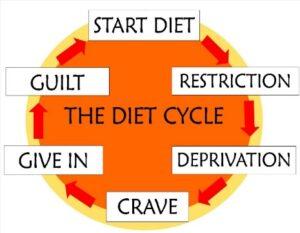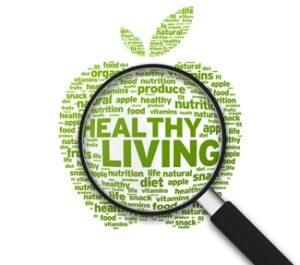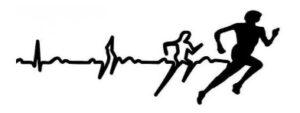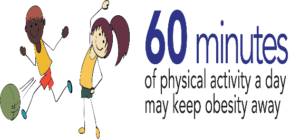 The Diet – a term typically viewed as a punishment for gaining those extra pounds over the past year. Regardless of what excuses we use to justify the weight gain, we still have to face the consequences that the weight gain has now become a problem and must be addressed by starting a “Diet”. Punishing ourselves with food restrictions and extensive exercise is detrimental to our long-term health and well-being. The punishment does not maintain motivation and often results in failure.
The Diet – a term typically viewed as a punishment for gaining those extra pounds over the past year. Regardless of what excuses we use to justify the weight gain, we still have to face the consequences that the weight gain has now become a problem and must be addressed by starting a “Diet”. Punishing ourselves with food restrictions and extensive exercise is detrimental to our long-term health and well-being. The punishment does not maintain motivation and often results in failure.
 Trade in those “deprivation” diets. Choosing what foods to eat and when to eat them can easily progress to positive results in weight loss. Slow and steady, setting realistic goals, and committing to a routine is key to successfully losing and maintaining weight.
Trade in those “deprivation” diets. Choosing what foods to eat and when to eat them can easily progress to positive results in weight loss. Slow and steady, setting realistic goals, and committing to a routine is key to successfully losing and maintaining weight.
A diet is actually a lifestyle choice. It is your body and your health that benefit or suffer from your choices. Making good choices result in improvements in health and fitness. Making poor choices result in decreased health and fitness and over time can lead to more serious medical conditions (hypertension, diabetes, insomnia, depression, stroke, heart attack, etc.).
Exercise – the other term associated with punishment for being “out of shape”. The concept of exercise brings to mind the discomfort of sweating, breathing hard, sore muscles, spending hours in the gym, or being forced to go harder longer by a “fitness coach”.
 Defined as “any bodily activity that enhances or maintains physical fitness and overall health”, exercise has been unfairly stereotyped. Being associated with “boot camp”, “extreme”, “over the top”, “intense”, activities that must push you to the limits in order to be effective, no wonder the term manifests dread when mentioned.
Defined as “any bodily activity that enhances or maintains physical fitness and overall health”, exercise has been unfairly stereotyped. Being associated with “boot camp”, “extreme”, “over the top”, “intense”, activities that must push you to the limits in order to be effective, no wonder the term manifests dread when mentioned.
Activity burns calories and inactivity does not. There are over 600 muscles in the human body. Muscles require metabolic energy to contract and the larger muscles consume large quantities of stored metabolic energy. Therefore, simple tasks such as standing and walking involve a large number of muscles just to remain balanced and upright against gravity. Opposite being “inactive”, where sitting and getting comfortable results in the relaxation of the major muscle groups and the metabolic energy is not used on relaxed muscles.
 Using terms such as Intensity, Cardio, Endurance, and Aerobics each deal with how much metabolic energy is required to maintain an activity. The more frequent a muscle is used the more energy it will expend. Incorporating gradual increases in activity frequency, duration of activity, and resistance/intensity of the activity one can easily burn excessive calories.
Using terms such as Intensity, Cardio, Endurance, and Aerobics each deal with how much metabolic energy is required to maintain an activity. The more frequent a muscle is used the more energy it will expend. Incorporating gradual increases in activity frequency, duration of activity, and resistance/intensity of the activity one can easily burn excessive calories.
Find an activity that is enjoyable, do it frequently, make it a part of your daily routine, and incorporate more time and energy into doing it.

